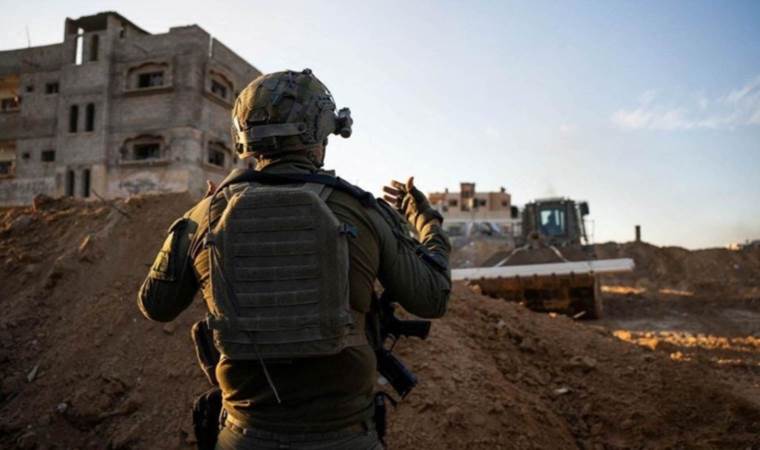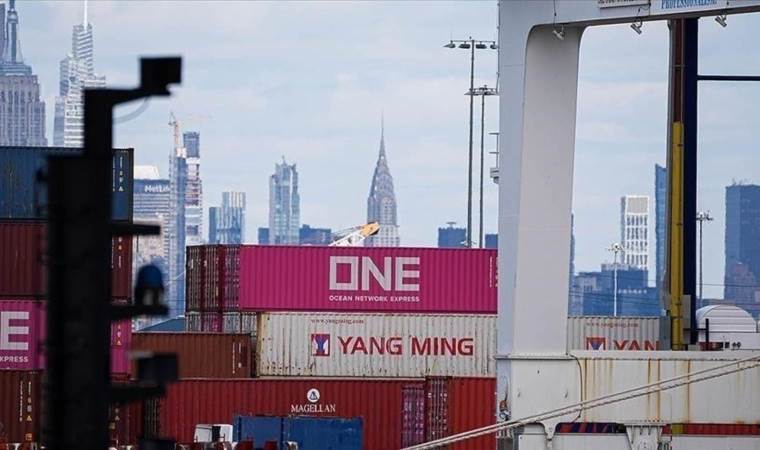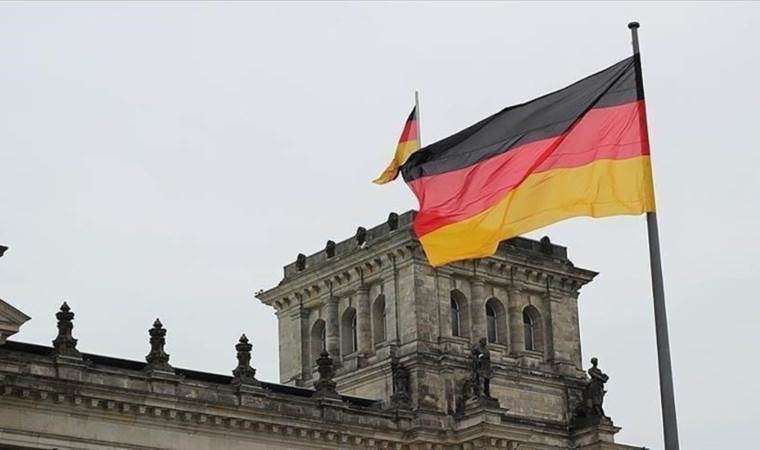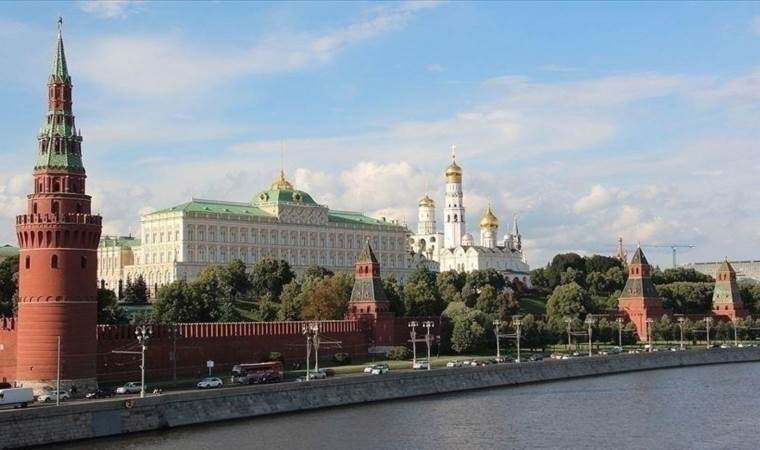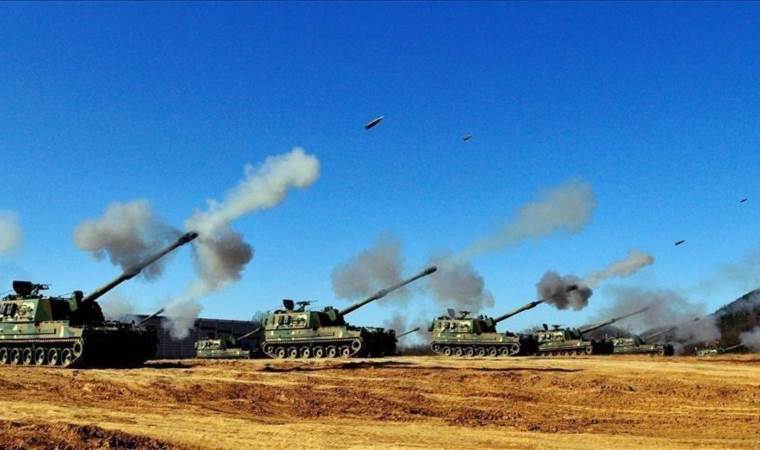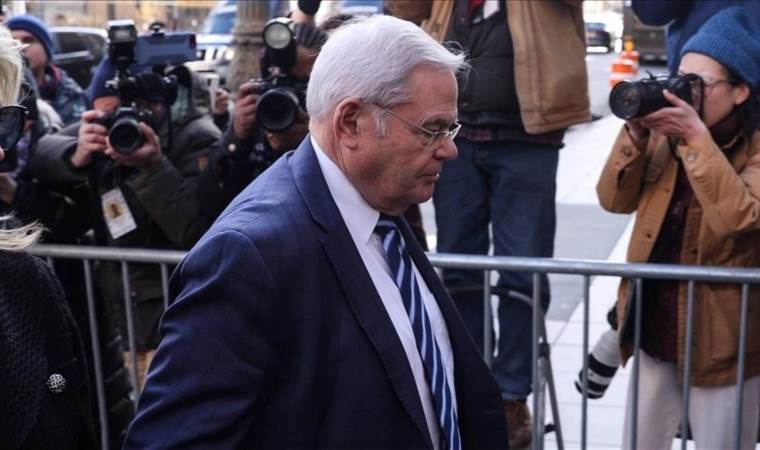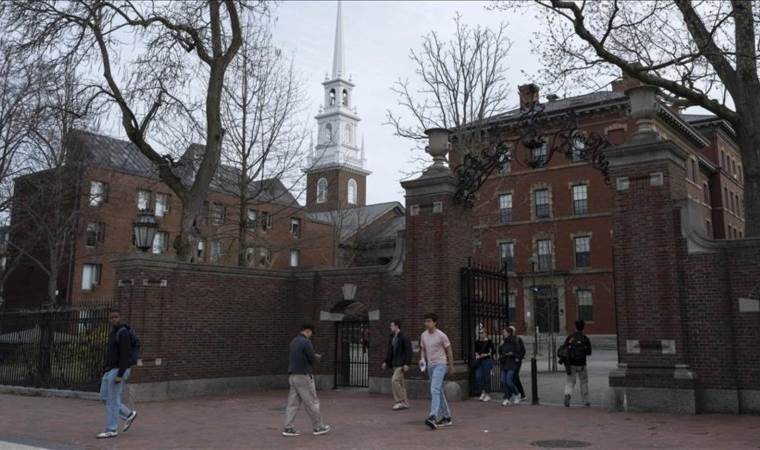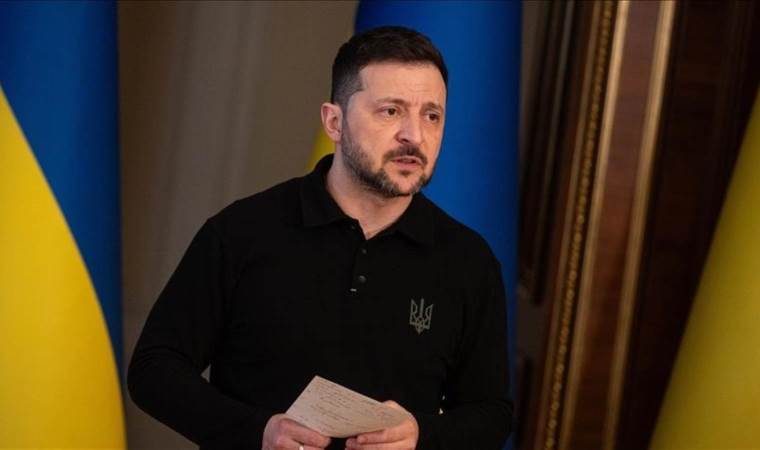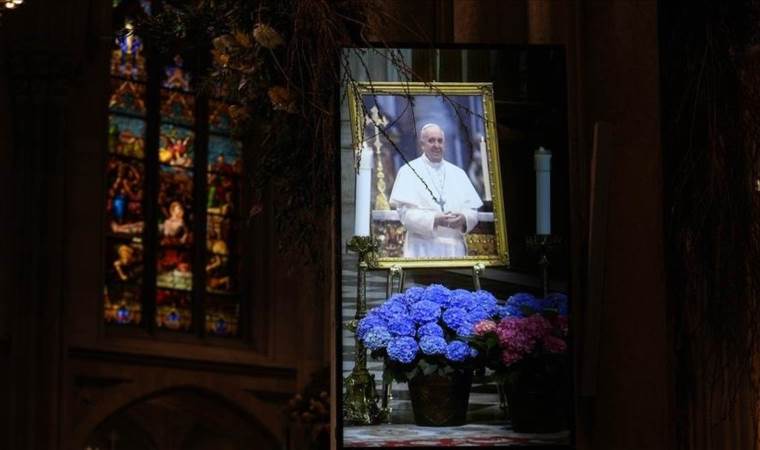Hamas leader visits Egypt amid intensive talks on new ceasefire
The leader of Hamas made his first visit to Egypt for more than a month on Wednesday, a rare personal intervention in diplomacy amid what a source described as intensive talks on a new ceasefire to let aid reach Gaza and get hostages freed.
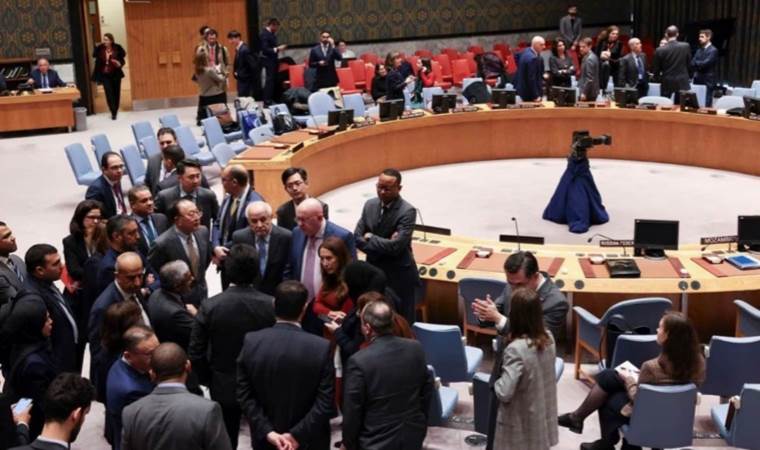
Hamas leader Ismail Haniyeh, who normally resides in Qatar, typically intervenes in diplomacy publicly only when progress seems likely. He last travelled to Egypt in early November before the announcement of the only agreement on a ceasefire in the war so far, a week-long pause during which more than 100 hostages were released.
A source briefed on negotiations said envoys were discussing which of the hostages still held by militants in Gaza could be freed under a new truce agreement, and what prisoners Israel might release in return.
Israel was insisting that all remaining women and infirm men among hostages be released, the source said, declining to be identified. Palestinians convicted of serious offences could be on the list of prisoners to be freed.
The source described the negotiations as intensive and said a breakthrough could be possible within days.
A Palestinian official said Haniyeh was keen to listen to Egyptian officials for a possible new approach and noted that the official position of Hamas was to reject any new temporary ceasefire and demand a permanent halt to fighting.
"Hamas's stance remains they don't have a desire for humanitarian pauses. Hamas wants a complete end to the Israeli war on Gaza," the Palestinian official said.
"Haniyeh and Hamas always appreciate the Egyptian effort. He is in Cairo today to listen to whether Israel has made new proposals or whether Cairo has some too. It is early to speak of expectations."
A senior Israeli official repeated the government position that the war could end only with the release of all hostages and the destruction of Hamas: "As the prime minister has said, the war will end with total victory."
The negotiations come as Israel has faced increasing pressure from its international allies to curb a campaign in Gaza that has laid waste to much of the coastal enclave in retaliation for a Hamas killing spree on Oct. 7.
Washington, Israel's closest ally, has publicly called over the past week for it to scale down its all-out war into a more targeted campaign against Hamas leaders and end what U.S. President Joe Biden called "indiscriminate bombing".
Most Read News
-
 China integrates AI into undergraduate studies
China integrates AI into undergraduate studies
-
 South Korea, US to hold trade talks this week
South Korea, US to hold trade talks this week
-
 Germany cuts economic growth forecast to stagnation for
Germany cuts economic growth forecast to stagnation for
-
 6.3 magnitude earthquake strikes off Indonesia’s Talaud
6.3 magnitude earthquake strikes off Indonesia’s Talaud
-
 Kremlin says Putin open to talks on civilian strikes mor
Kremlin says Putin open to talks on civilian strikes mor
-
 South Korean military holds live-fire drills near inter-
South Korean military holds live-fire drills near inter-
-
 Wife of former US Senator Menendez found guilty in bribe
Wife of former US Senator Menendez found guilty in bribe
-
 Harvard University sues Trump administration over fundin
Harvard University sues Trump administration over fundin
-
 Zelenskyy demands Russian clarity over strikes on civili
Zelenskyy demands Russian clarity over strikes on civili
-
 Pope Francis' funeral to take place on April 26, Vatican
Pope Francis' funeral to take place on April 26, Vatican


